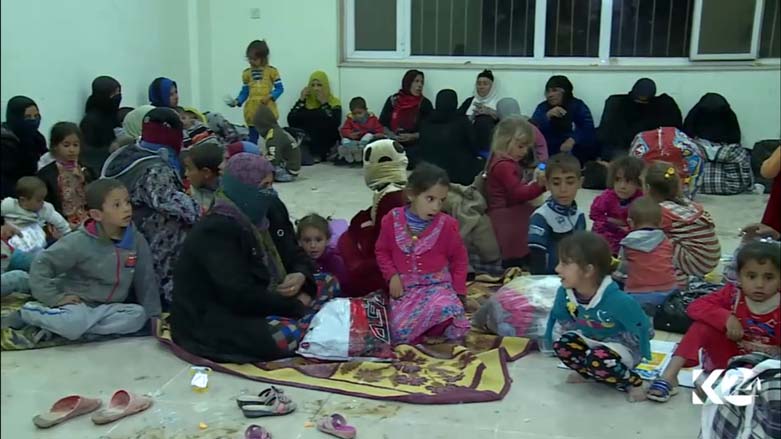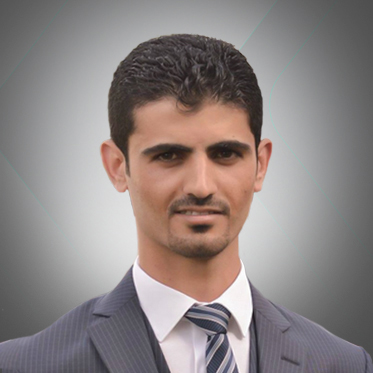180 Iraqis escape IS, shelter in Kurdistan Region

ERBIL, Kurdistan Region (Kurdistan24) – The Iraqi displaced people continue to flee Islamic State (IS) as the Iraqi army deploys troops around Mosul.
On Saturday, 180 Iraqis fled the IS-controlled areas surrounding Mosul and reached the village of Graw, Makhmour frontlines. They are hosted at Dibaga camp.
Mahdi Younis, Peshmerga commander in the Makhmour frontline told Kurdistan24 that the displaced who arrived at frontline are mainly children and women and one of them passed from illness before reaching Kurdistan.
According to the Kurdistan Regional Government's (KRG) Joint Crisis Coordination Center (JCC), the Internally Displaced Persons (IDPs) recently moved to Dibaga camp are in need of food and shelter.
Earlier in June, 500 more IDPs fleeing from the IS rule, arrived at Dibaga camp which is not designed to host so many people.
The Iraqi government has sent fresh troops and armored vehicles to reinforce its troops near Makhmour in the Nineveh plains. Nineveh governor says that the new forces and supplies come on the heels of new victories by the Iraqi army in Fallujah against the Islamic State (ISIS) in recent weeks, AP reported.
Nina Shea, Director of Religious Freedom Center at the Hudson Institute, in an interview with Kurdistan24 in May, praised the KRG in welcoming, feeding and protecting almost two million IDPs and refugees in the Kurdistan Region since the beginning of June 2014.
Shea also mentioned that since the KRG is opening arms for IDPs in the Region regardless of their ethnicity and religion, the US and the international community should support the KRG in return.
Currently, the Kurdistan Region is home to over 1.6 million IDPs and 245,000 Syrian refugees who fled from Syria and Iraq to the Region.
As the KRG suffers from the financial crisis, its officials continue to call upon the international community to provide more humanitarian aid for the displaced people and refugees.
Editing by Ava Homa
